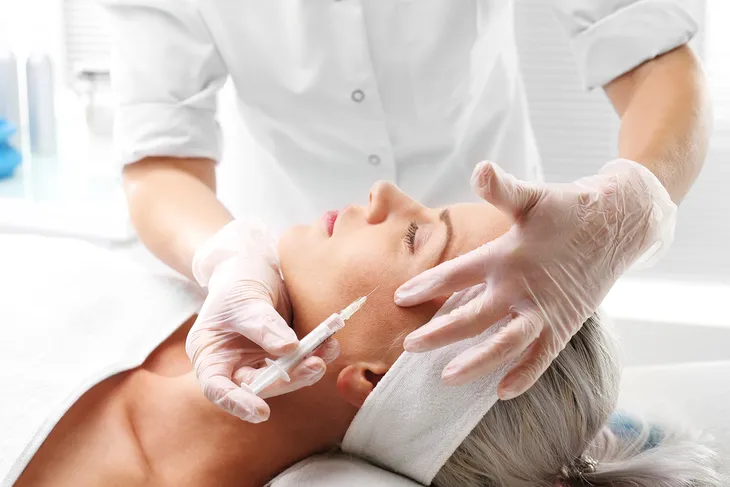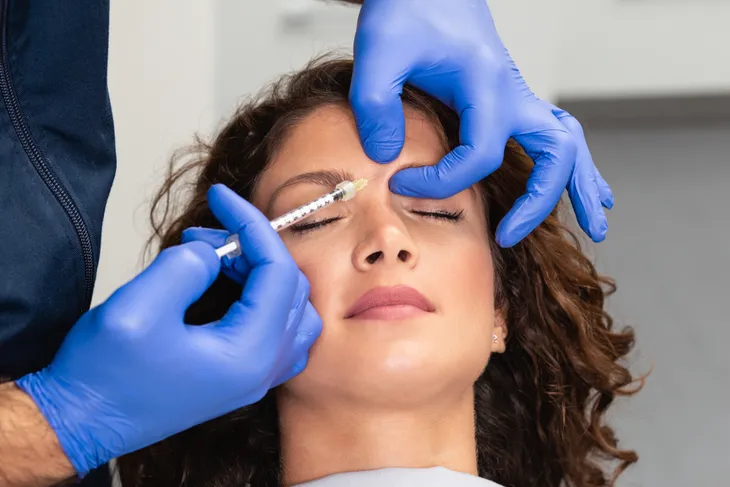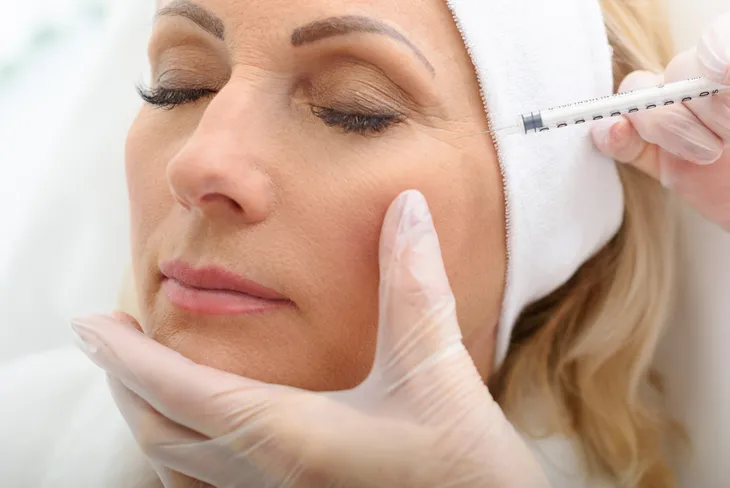You don’t need to have surgery to minimize the appearance of fine lines or eliminate wrinkles. Instead, you can opt for botox or Juvéderm. Both of these methods are FDA-approved derma fillers used for anti-aging. While they work to achieve similar outcomes, there are some key differences in the types of wrinkles they work on and other relevant factors. A search online can help you learn more about the ingredients and costs for each type of filler.
It’s important to understand the difference between Juvéderm and botox to ensure you’re choosing the right treatment for your skin. Find out which method would work best for meeting your skincare goals by searching online.
Differences between Juvéderm and Botox
Ingredients and Treatment Purposes
There is a major difference in ingredients between Juvéderm and botox. Juvéderm uses a number of formulas for different types of wrinkles. To achieve a filled in effect, all of these solutions contain gel made from hyaluronic acid. Many of them also contain lidocaine to make the injections more comfortable.
Botox is formulated with different ingredients. It’s a type of neurotoxin that contains botulinum toxin A, which is where Botox gets its name. The ingredients work to relax and still muscles in your face, making wrinkles less noticeable. In addition to cosmetic purposes, botox can be used to treat medical conditions such as migraines, eyelid twitching, excessive sweating, and more.

Treatment Purposes
Since Juvéderm and botox contain different ingredients, they are used to treat different areas of the face. This can help you decide which method to choose depending on the part of your skin you want to improve.
Specific Juvéderm formulas are designed to treat the following types of wrinkles in adults:
- Lips and mouth area (Juvéderm Ultra XC)
- Lip lines and adding volume to lips (Juvéderm Volbella XC)
- Lines outlining the nose and mouth (Juvéderm Vollure XC)
- Adding volume to cheeks (Juvéderm Voluma XC)
- Wrinkles around the nose and mouth (Juvéderm XC)
Botox can be used to treat areas all over the face. Some of them include:
- Vertical lines between the eyebrows
- Crow’s feet
- Forehead wrinkles
- Frown lines
- Under the eyes
- Top of the nose

Cost
You’ll have to be willing to pay a good amount of money to receive Juvéderm or botox treatments. These non-surgical procedures will be performed by a board certified physician. The cost for both will depend on the quality and concentration of the injectable, the area you’re receiving treatment, and the doctor.
Juvéderm is slightly more expensive. It has an average cost of $600 per injection, whereas botox is charged less per unit. Something to keep in mind is that you may need multiple units when getting botox. This can run the cost higher to an average total of $550.
Keep in mind that neither Juvéderm or botox are permanent solutions for your skin. If you want to maintain a smooth and wrinkle-free appearance, you’ll have to return to the doctor’s office for another treatment. How much money you spend and how often you need to spend on treatments will depend on the efficacy of your injections.

Efficacy
Another thing to consider before choosing Juvéderm or botox is efficacy. Both methods differ in how long it takes the injectables to start working and how long the results will last. Every patient and treatment is different, which means your results may differ from someone else depending on the area and procedure.
Botox will start working around three to five days after the injection, so you won’t see immediate results. You’ll see the wrinkles start to soften and this effect will last from three to five months. Patients tend to come back for another treatment every four months, ideally before the current one wears off.
Juvéderm is a longer lasting cosmetic treatment. Results with Juvéderm Ultra XC and Ultra Plus XC both last between six and 12-months, though a clinical trial has seen results last for 18- to 24-months for certain Juvéderm treatments. Since it wears off over time, patients may want to return earlier for upkeep. The softening process can take anywhere from several weeks to settle, though it may also take less than two weeks to achieve the full effect.

Which Skin Treatment Is Right For You?
In 2018 alone, more than 15.9 million minimally invasive cosmetic surgeries were performed in the U.S. Many of these procedures include Juvéderm and botox injections. This growing method of skin treatment has made cosmetic work less taboo and more mainstream among the general population.
If you’re looking for longer lasting results, Juvéderm might make sense for you. But those looking to spend less money may prefer getting botox instead. Whichever procedure you decide on, make sure to do your research to understand the types of ingredients that will be injected into your skin.
